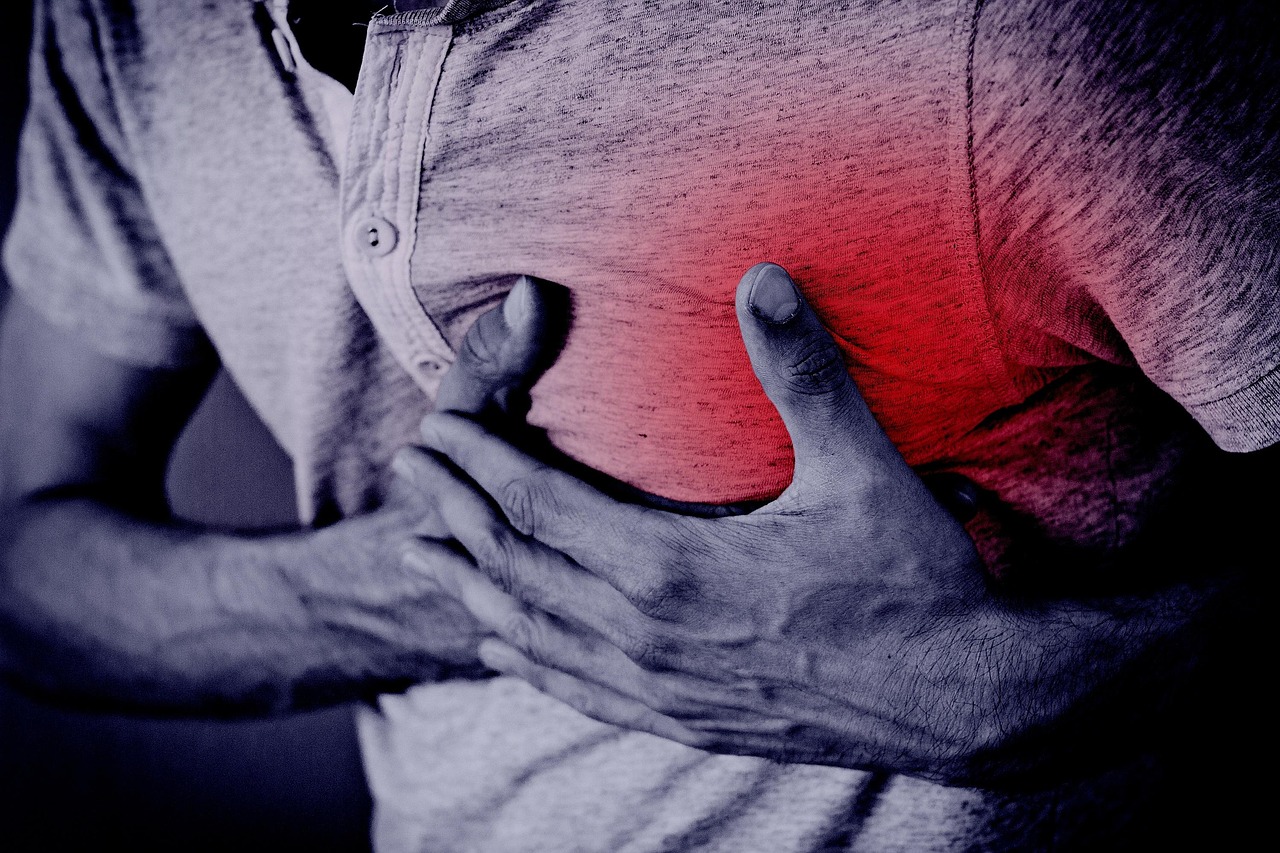Chest pain evaluation
/
What is a Chest Pain Evaluation?
A Chest Pain Evaluation is a clinical assessment to determine the cause of discomfort or pain in the chest. It involves a combination of physical examination, diagnostic tests, and medical history review to identify potentially life-threatening conditions such as a heart attack, angina, or pulmonary embolism, as well as non-cardiac causes like acid reflux or muscle strain
Treatments
- Minimal sedation – you are awake but relaxed many years of experience
- Deep sedation – you are on the edge of consciousness but can still 24/7 care for mother and baby.
- The four levels of the healthcare system
- Minimal sedation – you are awake but relaxed many years of experience
- you are on the edge of consciousness but can still 24/7 care for mother and baby.
- The four levels of the healthcare system

Why Choose Us?
- General Consulting
- Construction Management
- Modeling & Algorithm
- Better Decision Making
- Professional Consulting Services
Dental Family Plan
- General Consulting
- Construction Management
- Modeling & Algorithm
- Better Decision Making
- Professional Consulting Services
We are pleased to offer you the healthy.
Timely evaluation of chest pain is critical. Our advanced diagnostic services are designed to identify the cause of your chest discomfort — whether it’s heart-related or due to other medical conditions — in a safe, accurate, and patient-centered environment. Our experienced care team works quickly to ensure that you get the attention and answers you need.
Common tests include:
Electrocardiogram (ECG) – checks for heart rhythm abnormalities
Chest X-ray – evaluates lungs, heart, and chest structure
Blood tests – such as troponin to detect heart damage
Stress tests or echocardiograms – assess heart function under exertion
Seek immediate care if you experience:
Pressure, tightness, or squeezing in the chest
Pain radiating to your arm, jaw, neck, or back
Shortness of breath, sweating, nausea, or dizziness
These symptoms may signal a heart attack or other emergency
Yes. Chest pain can also result from:
Gastrointestinal problems (acid reflux, ulcers)
Muscle strain or injury
Anxiety or panic attacks
Lung conditions (pleurisy, pneumonia)
Initial test results like ECGs and blood tests are usually available within minutes to a few hours. Additional imaging or specialist consultations may take longer.
Not always. If initial tests rule out serious conditions, you may be discharged with follow-up instructions. However, if your results indicate a potential heart issue, observation or hospital admission may be necessary.

8:00 AM TO 8:00 PM MON TO SAT
8:00 TO 5:00 PM SUNDAY
Quick Links
Popular Services
Copyright © 2026 StarMAX | Designed & Developed by Innspire Media